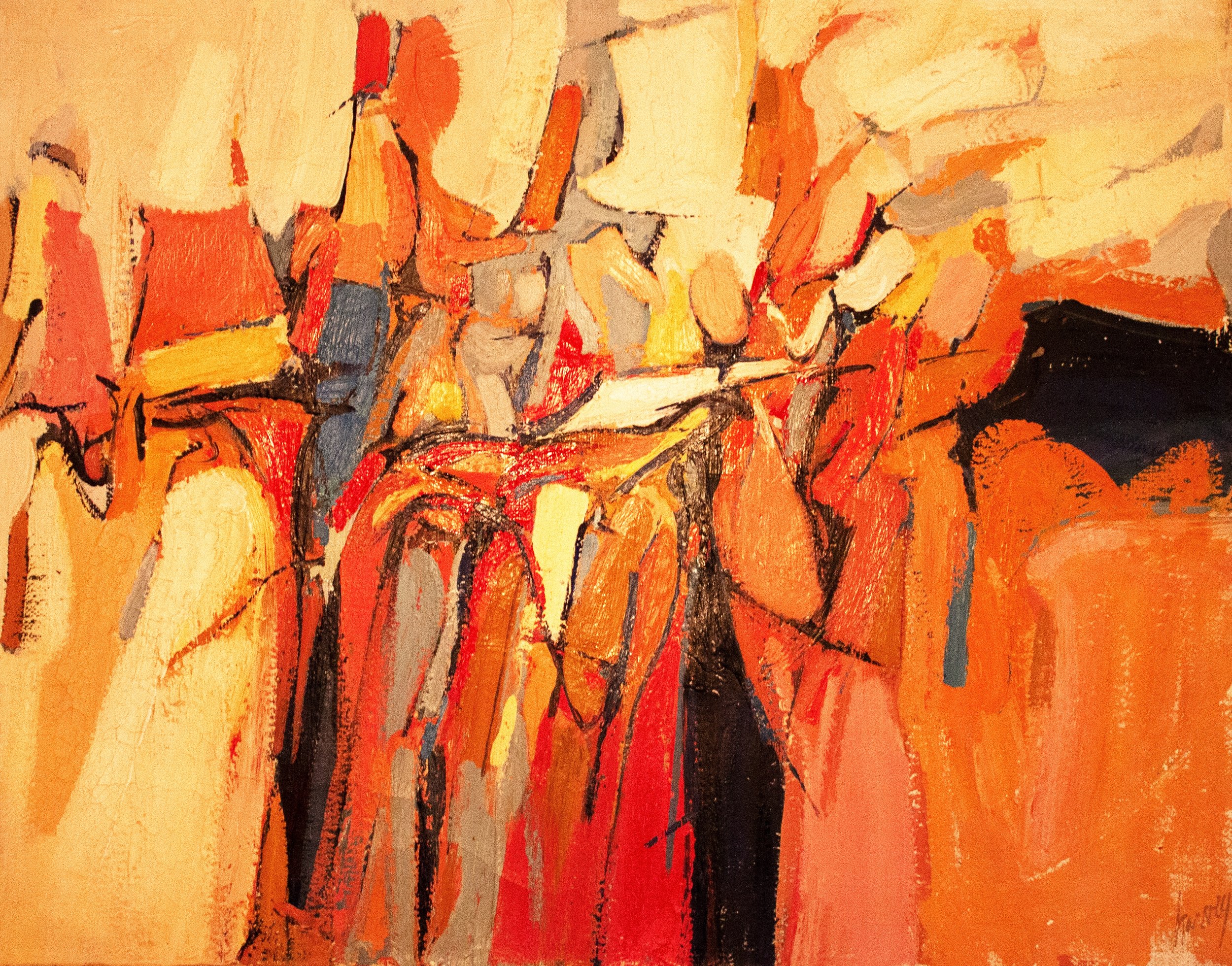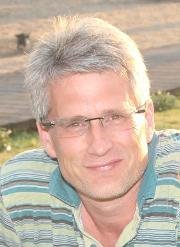
International Society of Religion, Literature and Culture
Promoting the academic study of religion, literature, art, theory, and culture since 2000.
At the vanguard of enquiry into religion, literature, art, theory and culture.
Meet Some Members
-

Dr. William Franke
William Franke is Professor of Comparative Literature at Vanderbilt University. He is currently Professor in Residence at the Harvard University Center for Renaissance Studies in Florence (Villa I Tatti) and Senior Fellow of the International Institute for Hermeneutics. He has been Research Fellow of the Alexander von Humboldt-Stiftung, Professor of Philosophy at the University of Macao, Visiting Professor of Philosophy at the University of Navarra, and Fulbright-University of Salzburg Distinguished Chair in Intercultural Theology and the Study of Religions. His books include A Philosophy of the Unsayable (2014); Apophatic Paths from Europe to China (2018); The Universality of What is Not (2020); Poetry and Apocalypse (2009); On What Cannot Be Said (2007); Dante and the Sense of Transgression (2013); Dante’s Interpretive Journey (1996); A Theology of Literature (2018); Divine Vision of Dante’s Paradiso: The Metaphysics of Representation (2021); Dante’s Paradiso and the Theological Origins of Modern Thought (2021); The Vita Nuova and the New Testament: Poetics and the Hermeneutics of Revelation (2021); Dantologies: Theoretical and Theological Turns in Dante Studies (2023); Don Quixote and the Quest for the Absolute in Literature: Fiction, Reflection, and Negative Theology (2024).
-

Dr. Mario Lupoli
Mario Lupoli is a researcher and professor engaged in the study of the history of Western thought. He is a postdoctoral researcher at the Institute of Philosophical Studies in Coimbra and an assistant professor at the Antonianum Pontifical University in Rome. Additionally, he teaches at the Pentecostal Faculty of Religious Sciences in Salerno, collaborates with the Chair of the History of Medieval Philosophy at the University of Naples, and is a Professor of Philosophy and History at High school.
His research focuses on philosophies and theologies of history, eschatology and its implications in anthropology and political thought. Currently, he is investigating late medieval Franciscan philosophical thought and modern Reformed theological perspectives; his work has concentrated on Apocalypticism, particularly its philosophical and political implications, and strategies related to liberation and salvation.
His latest studies explore topics such as Roger Marston's thought, Roger Bacon's eschatology, the metaphysics of Revolution, the concept of Limits, and Reformation doctrines concerning the Antichrist.
-

Dr. SB Rodríguez Plate
Born in the year of the Fire Horse, Professor Rodríguez-Plate has traveled the world seeking ways that people practice and/or fight against religious traditions, whether ancient or modern. Convinced that religion has less to do with beliefs than with bodies, Rodríguez-Plate queries the ways people connect with physical objects through sense perception: the things we see, hear, smell, taste, and touch are what give us our spiritual dimension.
Alongside their work as a professor at Hamilton College, Rodríguez-Plate is a writer and an editor, presenting research at museums, cultural centers, and universities across Asia, Europe, and North America. They’ve authored or edited 14 books, and essays have appeared in Newsweek, Slate, The Los Angeles Review of Books, The Christian Century, The Islamic Monthly, and the Huffington Post. Rodríguez-Plate serves on the board of the Interfaith Coalition of Greater Utica, NY and lives in Clinton, New York with his partner, two kids, and two black mutts.
-

Dr. Alana Vincent
Alana is Associate Professor in History of Religion. Modern Judaism, Interreligious Dialogue, Religion & Literature at Umeå University in Sweden. She came to Umeå in 2022, having previously held posts at the University of Chester (UK), Glasgow University (UK), and Swedish Theological Institute (Jerusalem). My background is in Jewish Studies (modern Judaism, holocaust and genocide, Jewish-Christian dialogue) and religion and literature.
-

Dr. Andrew Hass
I joined the School in September 2003 (then the Department of Religious Studies), having studied in Canada (BA - English, MTh - Theology) and Glasgow (PhD at the Centre For the Study of Literature, Theology and the Arts), and having worked at the University of Houston in the States, where I was the Carolyn Grant Fay Visiting Associate Professor in Religion and Literature. Since relocating back to Scotland, my teaching and research have continued to advance an interdisciplinary line of enquiry. My courses focus on ways in which religion conceptually and culturally manifests itself in other disciplines and modes of expression, whether through philosophy, hermeneutics, critical theory, literature, or other forms of art. As Deputy Director of Postgraduate Studies for the School of Arts and Humanities, I have a particular passion for postgraduates and their programmes. I also work closely within a consortium of eight other Scottish universities to promote, through a Doctoral Training Partnership scheme (AHRC), postgraduate funding and postgraduate experience across of all Scotland. Hannah Arendt once wrote: "What guides [my] thinking [poetically] is the conviction that although the living is subject to the ruin of time, the process of decay is at the same time a process of crystallization, that in the depth of the sea, into which sinks and is dissolved what once was alive, some things ‘suffer a sea-change' and survive in new crystallized forms and shapes that remain immune to the elements, as though they waited only for the pearl diver who one day will come down to them and bring them up into the world of the living - as ‘thought fragments', as something ‘rich and strange'...". I see higher education and pearl diving as similar vocations.
-

Dr. J. Sage Elwell
Sage Elwell is Professor of Religion and Art and Chair of the Religion Department at Texas Christian University. He is the author of Religion and the Digital Arts, Inspired By the Word: The Bible Through the Eyes of the Great Masters, and Crisis of Transcendence: A Theology of Digital Art and Culture, as well as a number of academic and popular articles. He publishes and teaches in the areas of theology of culture, suffering and embodiment, digital technology, modern art, atheism, and humanism. He also works as an artist and is currently working on a project on the aesthetics of the grotesque.